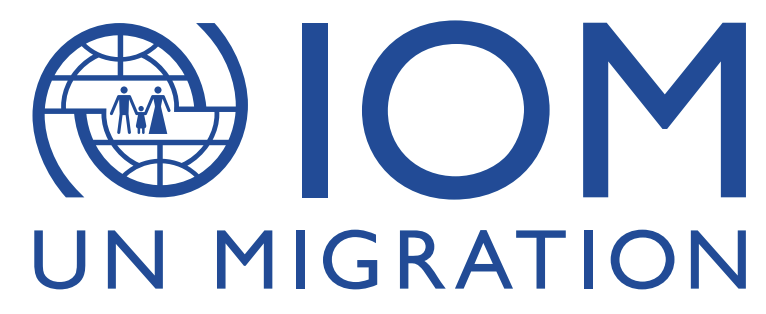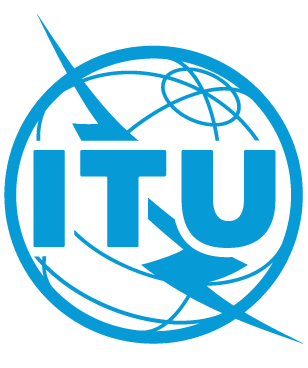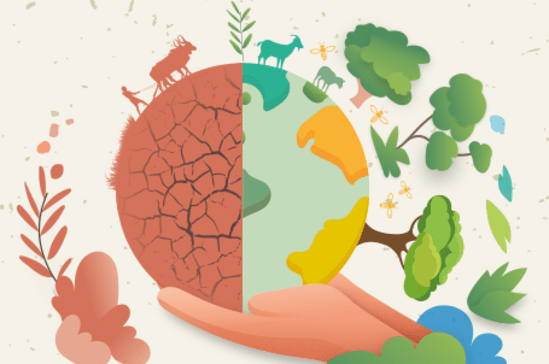About the Roadmap and Results Framework
The Roadmap and Results Framework of the Awaza Programme of Action for Landlocked Developing Countries for the Decade 2024–2034 (APoA) maps and monitors the actions of the UN system and other international organizations in implementing the five priority areas of the PoA alongside a structured approach to monitoring and measuring progress.
- Priority area 1: Structural transformation and science, technology and innovation
- Priority area 2: Trade, trade facilitation and regional integration
- Priority area 3: Transit, transport and connectivity
- Priority area 4: Enhancing adaptive capacity, strengthening resilience and reducing vulnerability to climate change and disasters
- Priority area 5: Means of implementation

Roadmap - Implementation of the APoA
Implementing Partners of the APoA
The Programme of Action is implemented by the United Nations funds, programmes, and specialized agencies, and other relevant international organizations, in line with their respective competencies and expertise. These entities coordinate through the Inter-Agency Consultative Group (IACG) for LLDCs.
Oversight of the implementation of the APoA is supported by the Group of LLDCs, Friends of LLDCs, Resident Coordinators Network, and LLDC National Focal Points (NFPs). Insights generated inform the annual Secretary-General’s Report on the Implementation and Follow-up of the APoA.
Featured Implementation Efforts
Join the Implementation Efforts
This questionnaire gathers information on ongoing and planned implementation efforts (in the form of a project, programme, or any other activity) that are relevant to the Awaza Programme of Action for Landlocked Developing Countries (APoA) in the five priority areas for action.
The collected data is used to update the APoA roadmap for tracking progress and monitoring the impact of implementation efforts by UN entities and international organizations. By providing specific details on activities, time frames, targets, and the geographic scope of implementation, this questionnaire aims to provide a structured approach to reporting on the commitments and targets of the APoA.
Your entity's thorough and accurate responses will give due visibility to your contribution to the APoA and support a coordinated effort to driving sustainable development in LLDCs.
































